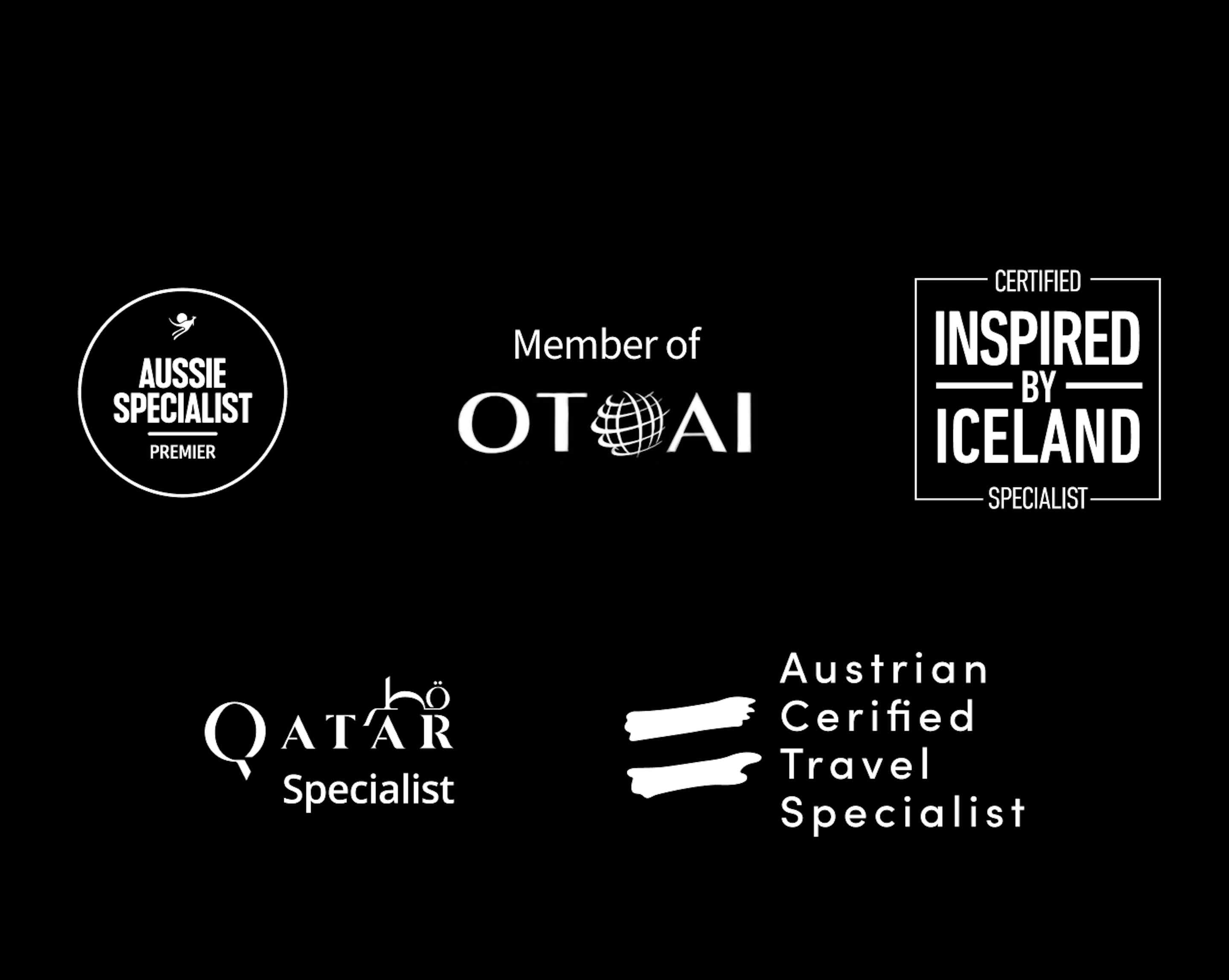- Asia
- Tourism/bali
- Kopi Luwak Coffee: Unique Flavours Of Bali's Famous Brew
Kopi Luwak Coffee: Unique Flavours of Bali's Famous Brew

Kopi Luwak, also known as civet coffee or cat poop coffee, has gained significant attention worldwide for its unusual production process and high price tag. This blog will take an in-depth look at Kopi Luwak, exploring its origin, production methods, taste profile, ethical concerns, and tips on how to find genuine products. Do try this coffee on your Bali tour package.
Origin of Kopi Luwak Coffee

Kopi Luwak coffee is believed to have first emerged in Indonesia during the Dutch colonial period when local farmers were banned from using coffee beans for personal consumption. As a workaround, these locals discovered that civets - small mammals found throughout Southeast Asia - would eat ripe cherries but leave the coffee seeds intact in their droppings, which could then be collected and processed into drinkable coffee.
Production Process of Kopi Luwak Coffee

The production of Kopi Luwak begins with the selection of ripe coffee cherries by civets in their natural habitat. After consuming the cherries, the civet's digestive enzymes break down the pulp surrounding the seeds (coffee beans) while leaving their protective layer intact. These beans are passed along with feces and collected by farmers who clean and roast them to create a unique coffee drinking experience.
Flavor Profile & Taste of Kopi Luwak Coffee

Often praised for its smooth and full-bodied flavor, Kopi Luwak boasts a combination of chocolatey, earthy, and nutty notes with minimal acidity. The fermentation process in a civet's stomach is thought to lend these distinctive flavors to the final product.
Ethical Concerns of Kopi Luwak Coffee

While many view Kopi Luwak as an exotic luxury item, there are important ethical concerns associated with its production. Due to high demand and price tags, some producers have resorted to caging wild civets for mass harvesting of their droppings — exploiting animals in unnatural conditions that often lead to poor health and high mortality rates. As a consumer, it is essential to be aware of these practices and only purchase from responsible sources.
Finding Genuine Kopi Luwak Coffee

To ensure you're buying genuine, ethically-sourced Kopi Luwak, look for certified products with transparent supply chains. Research the producers and seek third-party accreditations that attest to their commitment to ethical and sustainable production methods. Furthermore, remember that genuine Kopi Luwak can be quite expensive due to its rarity - unusually low prices may indicate a counterfeit or unethically produced product.
Kopi Luwak's unique production process and flavor profile make it highly sought-after by coffee connoisseurs around the world. However, awareness of ethical concerns surrounding civet coffee is crucial before purchasing this distinctive brew. By understanding its origins, production methods, and keeping an eye out for ethical certifications, you'll make more informed choices while appreciating the true essence of this fascinating coffee variety.
Explore Other Articles Related to Bali
Check out our Best Selling Packages in Bali
Bali Package For Couple | Bali Family Holiday Packages
Explore Bali's Top Attractions
Tanah Lot Temple | Mount Batur | Bali Handara Gate | Agung Rai Museum | Neka Art Museum | Tegalalang Rice Terraces | Ulun Danu Beratan Temple
Update your location?



